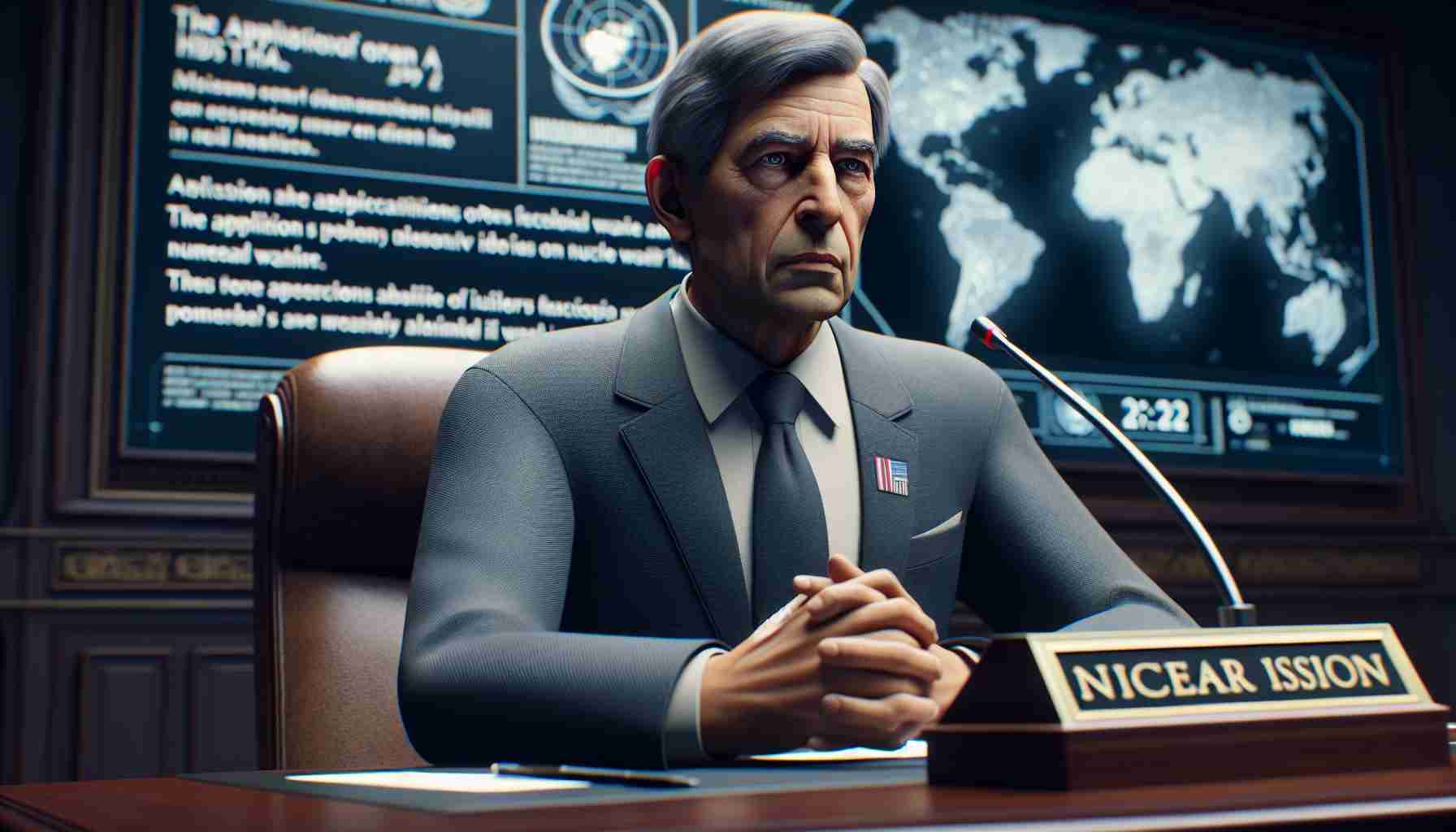Antonio Guterres, the United Nations Secretary-General, recently delivered a cautionary message concerning the increasing dangers associated with the use of artificial intelligence. Highlighting a critical juncture for humanity akin to standing on a knife-edge, he stressed the serious risks entailing the growth of AI technology, particularly in the realm of nuclear warfare.
His message, conveyed through a video, was set to address the annual meeting of the Arms Control Association (ACA) in Washington. Guterres emphasizes the crucial responsibilities of nuclear-armed states to adhere firmly to non-proliferation commitments and to reach a consensus to prevent the utilization of nuclear weapons.
Guterres has signaled a time for prudent stewardship in technological advancement, indicating that rapid AI development could simplify launch procedures, thereby stoking fears of an increased likelihood of nuclear conflict. As the United States and Russia maintain a significant amount of ballistic missiles at the ready, the urgency for maintaining “human control” over nuclear launches has been echoed in a joint statement by the U.S., the UK, and France two years ago. However, Russia and China have yet to affirm a similar commitment.
In the light of his warning, Guterres calls for a thoughtful and responsible approach to managing advanced technologies, aiming to sidestep a potentially catastrophic nuclear disaster. This message reaffirms the enduring need for dialogue and cooperation in the face of such existential threats.
Most Important Questions and Answers:
Why is UN Secretary-General Antonio Guterres concerned about AI in nuclear warfare?
Antonio Guterres is concerned about AI in nuclear warfare due to the risks it poses for escalating conflicts and the potential for accidental launches. He emphasizes the need for human control over nuclear weapons to prevent inadvertent nuclear catastrophes.
What are some of the key challenges associated with AI and nuclear weapons?
Key challenges include ensuring stability and preventing escalation, maintaining effective human oversight, cybersecurity threats, and the potential for AI systems to make rapid decisions that could lead to unintended consequences.
Are there controversies linked to the use of AI in nuclear weapons systems?
Yes, there are controversies such as the ethical implications of delegating critical decisions to machines, the arms race for superior AI technology among nuclear-armed states, and the lack of international legal frameworks specifically addressing AI in nuclear systems.
Advantages and Disadvantages:
Advantages of AI in nuclear weapons systems could include improved response times, advanced simulation capabilities for better strategic planning, and reduction of human errors in surveillance and detection. However, these potential advantages come with significant risks.
Disadvantages of AI in nuclear weapons systems are numerous and alarming, including the possibility of uncontrolled escalation, challenges in ensuring reliable and ethical AI decision-making, vulnerability to cyber attacks, and the acceleration of an arms race which could compromise global security.
Related Links:
For further information on topics related to global arms control, you can visit the website of the Arms Control Association at armscontrol.org.
If you’re looking for information and resources from the United Nations regarding disarmament and international security, visit the UN Office for Disarmament Affairs (UNODA) at un.org/disarmament.
For updates on the official statements and activities of the UN Secretary-General including his concerns on AI and nuclear warfare, visit the United Nations website at un.org.
The source of the article is from the blog hashtagsroom.com

